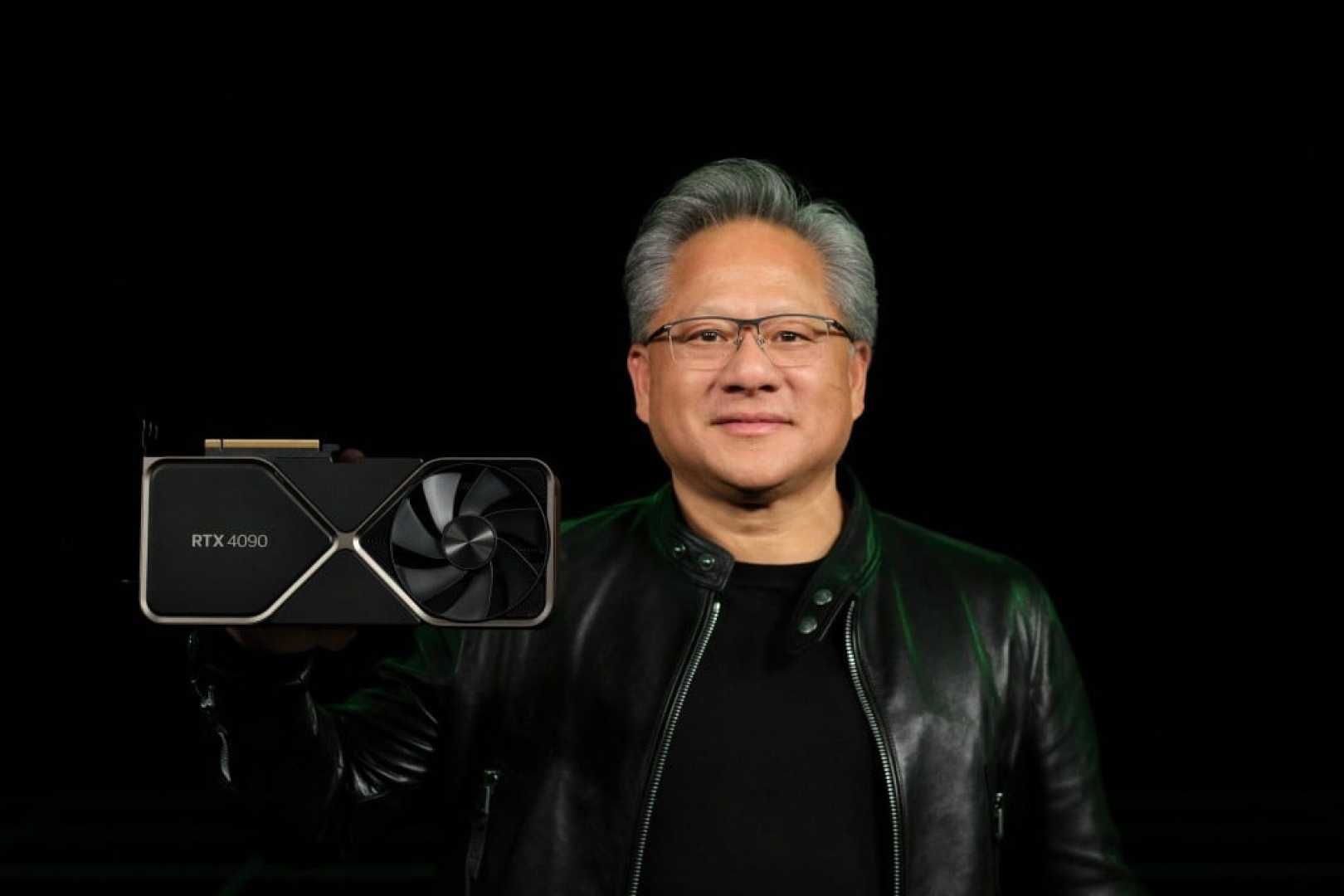Tech
Nvidia’s Market Share in China Plummets to Zero Amid US Export Controls

NEW YORK, Oct. 18, 2025 — Nvidia‘s dominance in China’s advanced semiconductor market has vanished, with its market share plummeting from 95% to zero following strict US export controls, CEO Jensen Huang revealed. This dramatic shift has emerged since the restrictions were implemented in 2022, which have completely barred Nvidia from selling its high-performance AI chips in China.
During a recent Citadel Securities event, Huang expressed concerns that the exclusion of Nvidia not only affects the company but also has serious implications for both China and the United States. He stated, “What harms China could oftentimes also harm America, and even worse.” Huang emphasized China’s pivotal role in global AI development, noting that about 50% of the world’s AI researchers are based there.
As Nvidia faces increasing challenges, China is rapidly advancing its semiconductor self-sufficiency efforts. Competitors like Huawei are launching domestic alternatives, which further erodes Nvidia’s former stronghold. Huawei has been developing methods to circumvent Nvidia’s technology, signaling an aggressive commitment to achieving independence in AI chip production.
Although Nvidia received US approval to sell a less potent H20 chip meant for Chinese markets, further setbacks have arisen, including a security investigation initiated by Chinese authorities. Local clients were advised against using the H20 chip, complicating Nvidia’s chances of regaining traction in the region.
Huang also warned that Nvidia’s absence could cede more ground to domestic rivals. He remarked, “It’s a mistake not to have those researchers build AI on American technology,” suggesting that maintaining US technological leadership is crucial in the face of growing global competition.
The fallout of these export restrictions extends beyond Nvidia’s business model. Recent reports indicate that China’s Cyberspace Administration has prohibited domestic tech companies like ByteDance and Alibaba from purchasing Nvidia AI chips, marking a pivotal shift in the tech landscape. As these developments unfold, the implications for both US-China relations and the global semiconductor market remain substantial.












